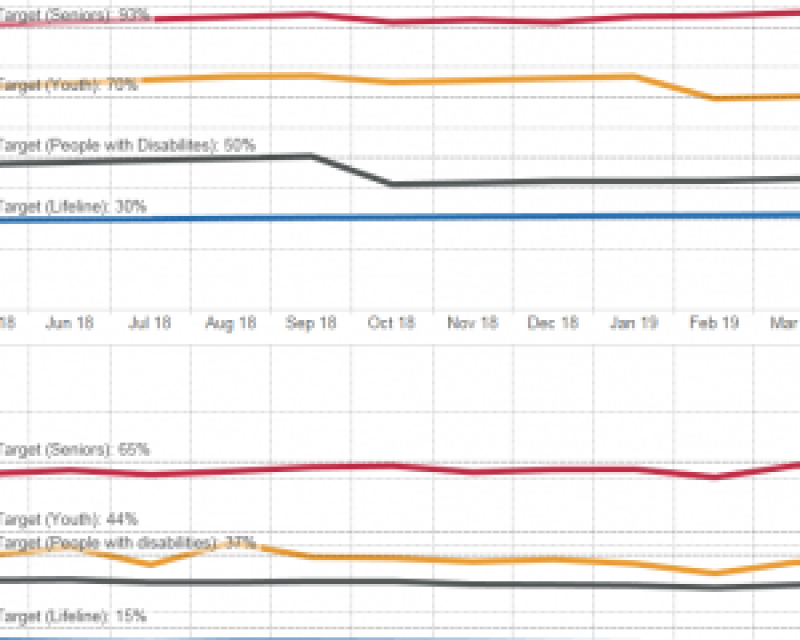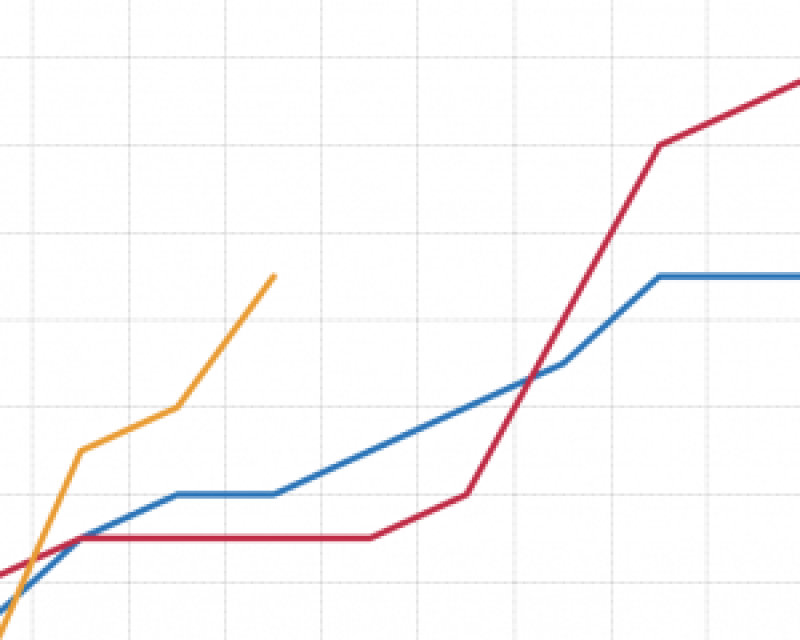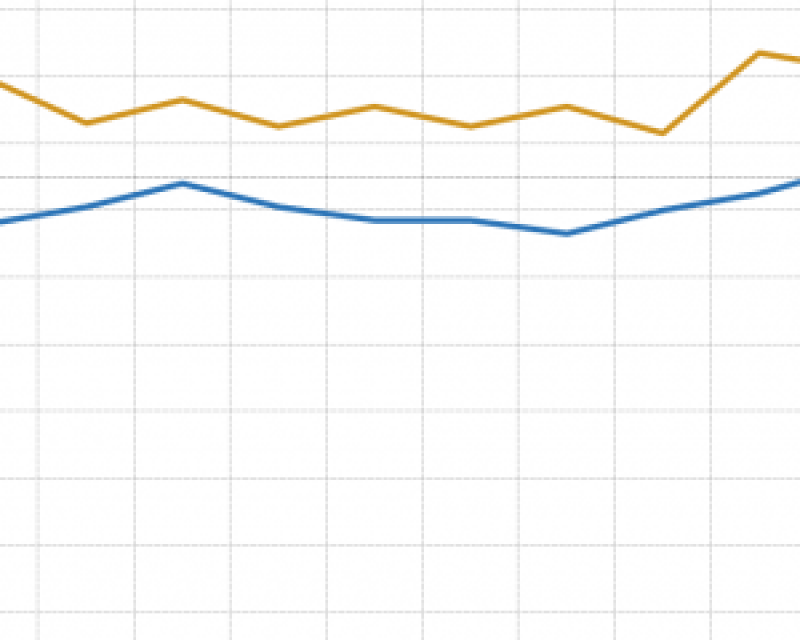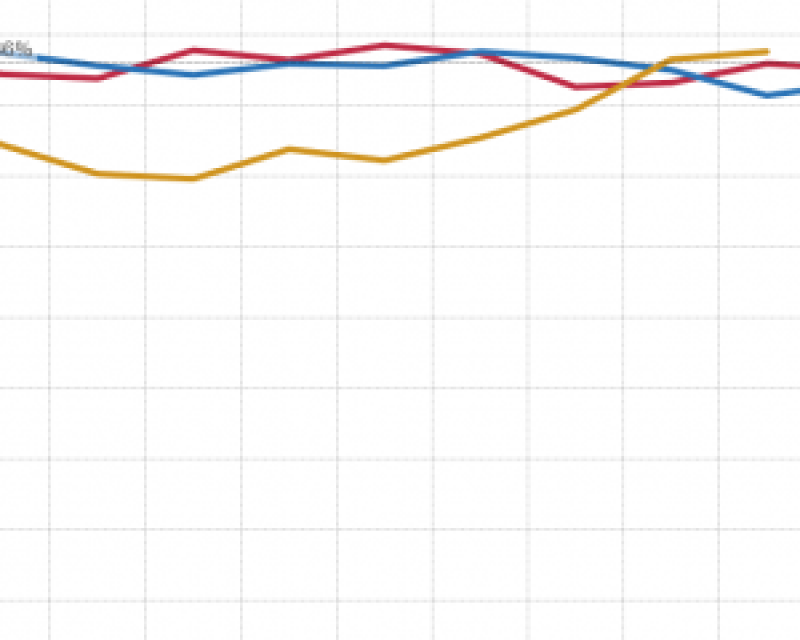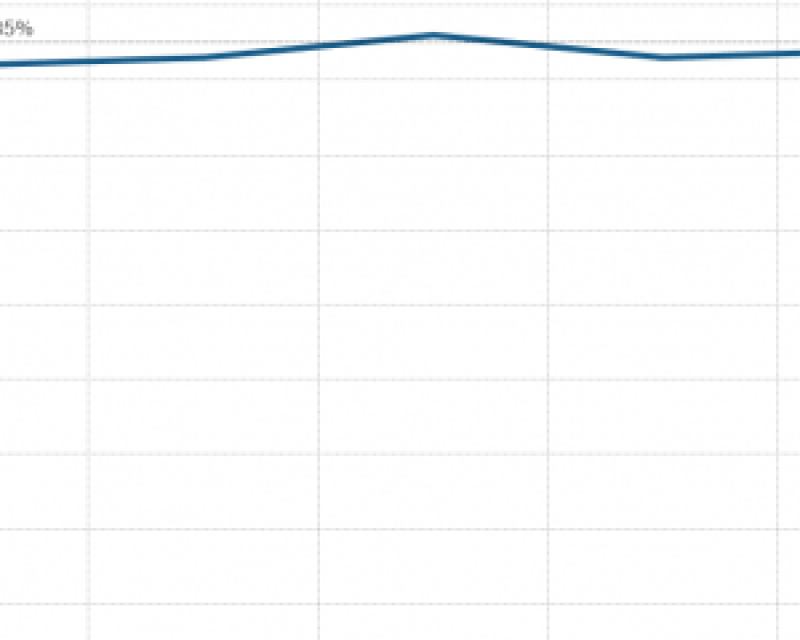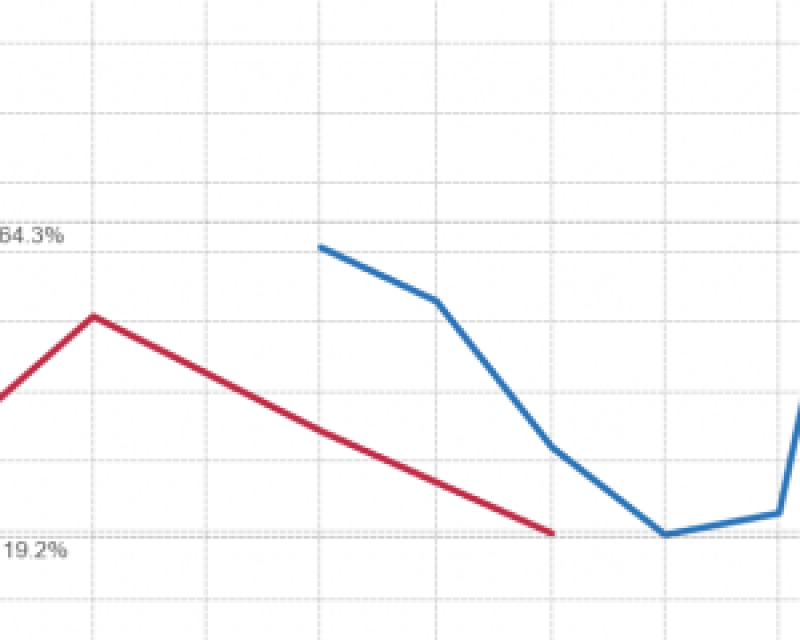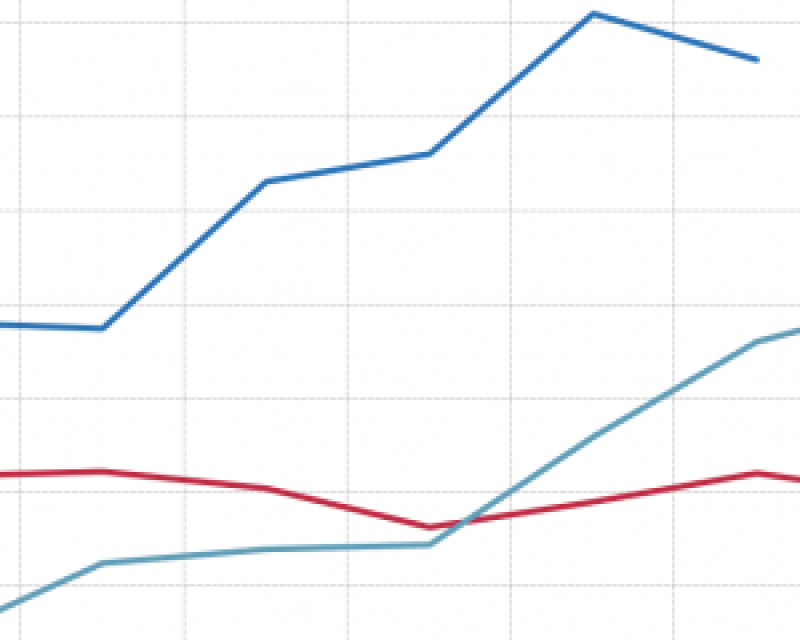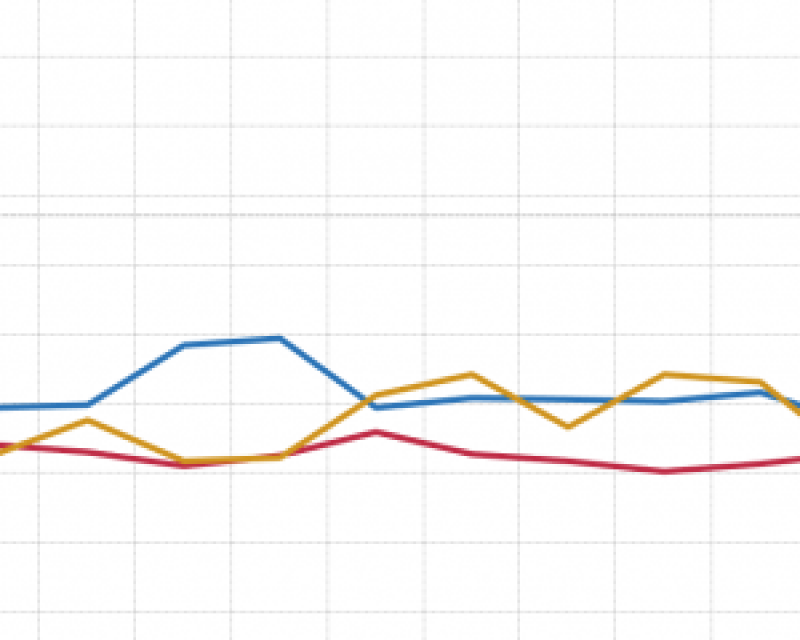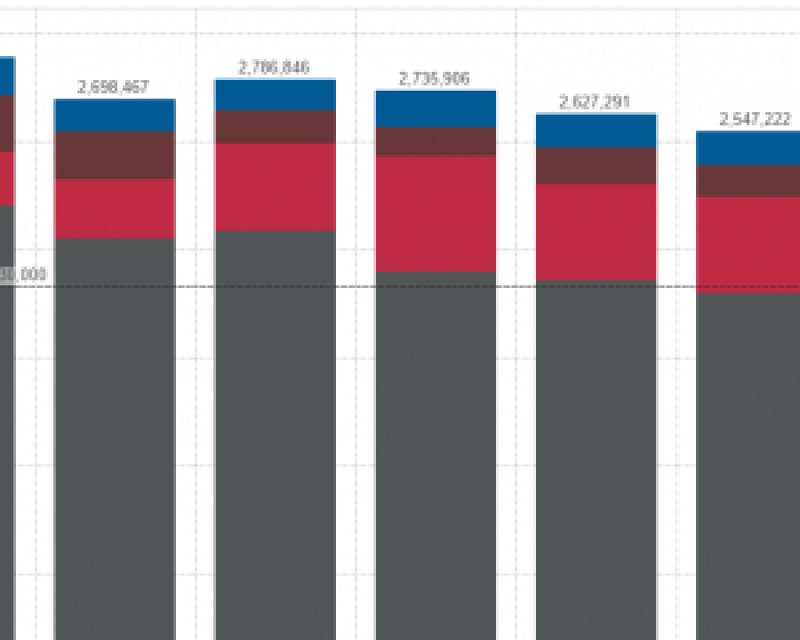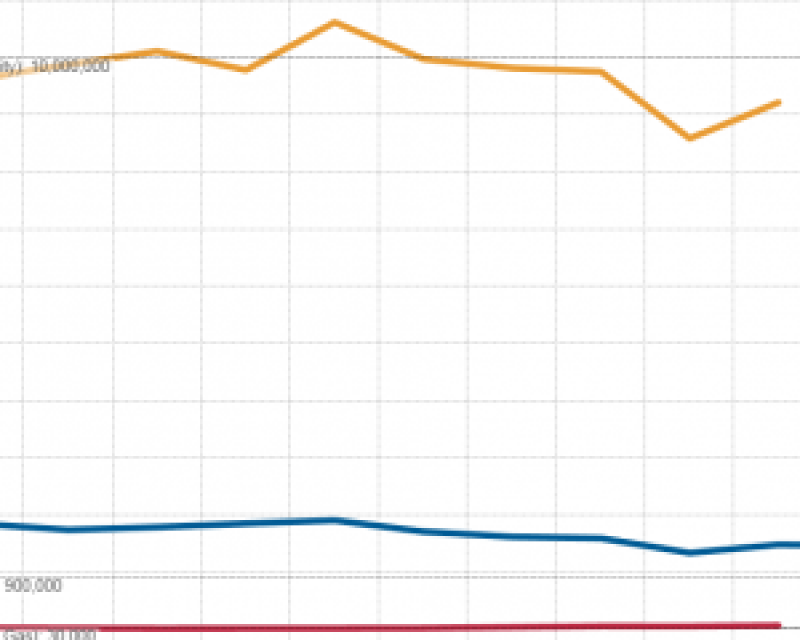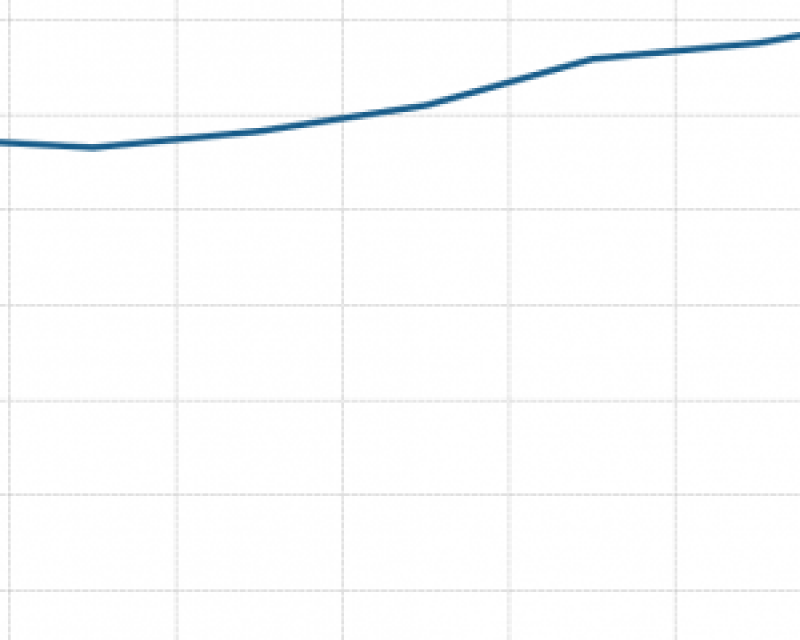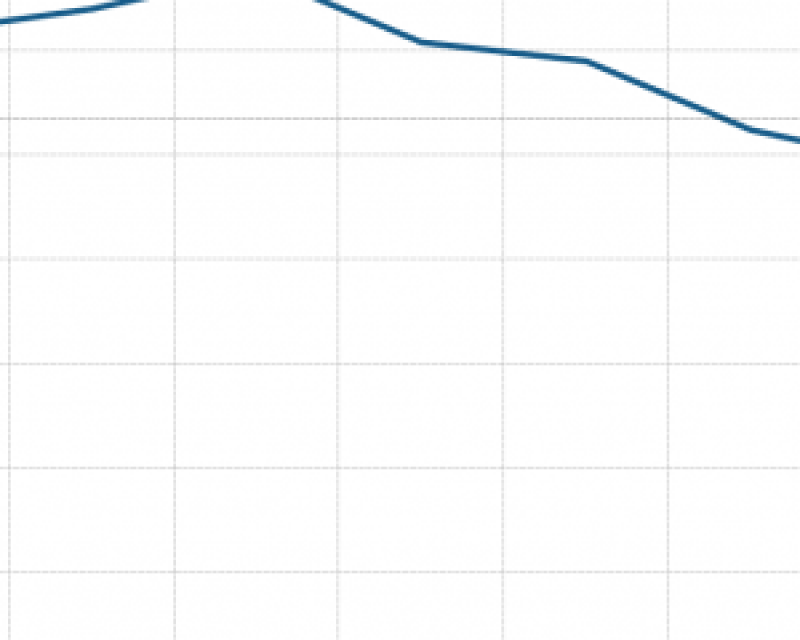Through implementation of this goal, not only will the SFMTA strive to make a positive impact in people’s lives in the near-term, but also ensure the continued development of a more equitable and sustainable San Francisco in the long-term. As such, the agency is committed to programs like the Muni Service Equity Strategy, the city’s Transportation Sustainability Program, and long-range planning efforts with regional partners to ensure the resiliency the transportation system. Additionally, the agency will work with emerging mobility services to ensure their operations are consistent with the city’s expectations for sustainable transportation.
You can track our progress in implementing these objectives by checking out the interactive dashboards for the performance metrics. As we develop the dashboards for the performance metrics outlined in the SFMTA Strategic Plan, they will be posted online there. In the meantime, full reporting on all agency metrics is available in the monthly Strategic Plan Progress Reports.
